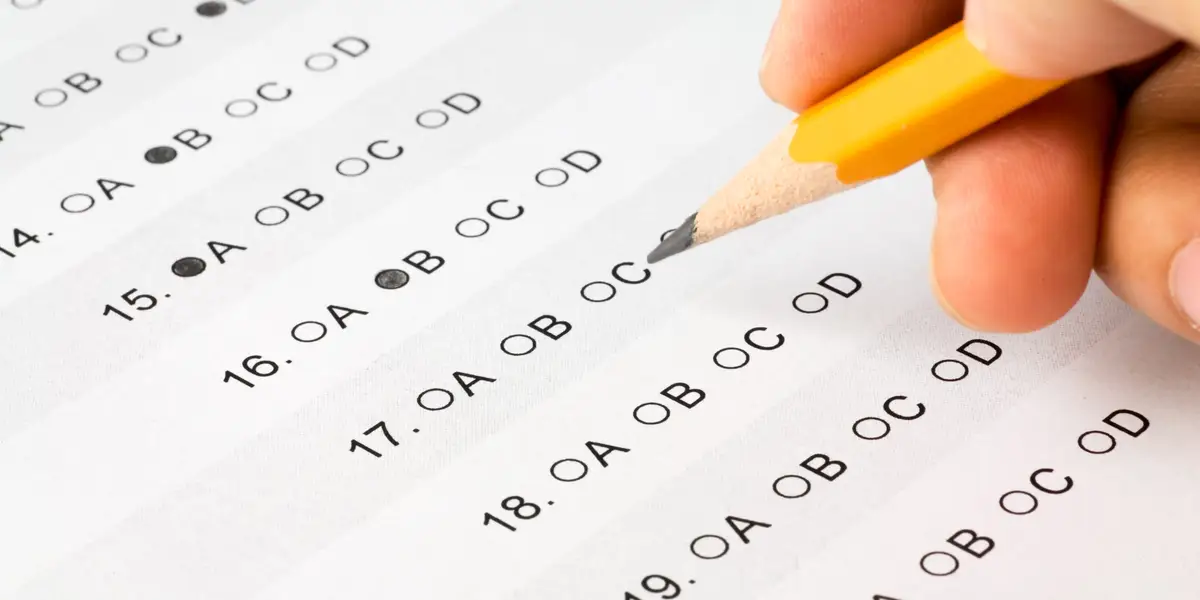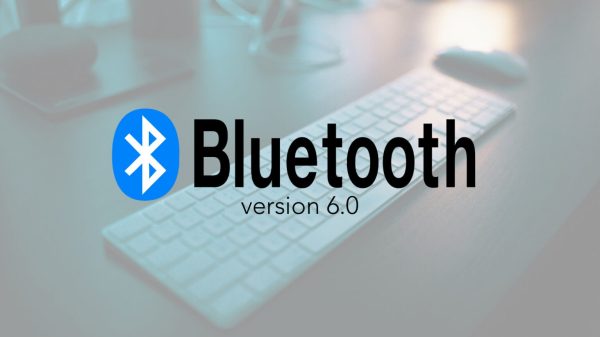Peter Scarfe, a researcher at the University of Reading’s School of Psychology and Clinical Language Sciences, led a study investigating the impact of AI, specifically ChatGPT-4, on academic exams. In response to growing concerns about AI-generated submissions receiving high grades unnoticed, Scarfe’s team devised a controlled experiment to assess their university’s examination system.
The study involved creating over 30 fictitious psychology student accounts to submit AI-generated answers across five undergraduate modules. These submissions ranged from short 200-word responses to more complex 1,500-word essays. Crucially, the AI-generated content was largely indistinguishable from human-written work, with minimal editing applied to the longer essays for formatting purposes.
Despite concerns, the AI-generated submissions went largely undetected. Approximately 94% of them were not flagged by examiners, and nearly 84% received better grades than a randomly selected control group of human students who took the same exams. This success was attributed partly to the AI’s ability to produce coherent, high-quality responses that mimicked human writing.
Scarfe and his team also explored existing AI detection tools, such as GPTZero and Turnitin’s plagiarism detection system. They found that while these tools showed promise in controlled settings, their effectiveness in real-world scenarios was limited, with significant false positive rates and variability in performance.

Study Finds GPT-4 Easily Passing University Exams, Calls for Education Reform
This highlights a growing challenge: the rapid advancement of AI capabilities outpacing the development of effective detection methods.
Notably, AI-generated submissions that were detected tended to stand out not for their poor quality, but rather for being exceptionally well-written—raising questions about how detection systems can effectively differentiate between AI and human work as AI continues to improve.
Looking ahead, Scarfe acknowledged the inevitability of AI integration into education and professional environments. He argued that universities should adapt by preparing students to responsibly use AI tools, akin to how calculators and spellcheckers were integrated into academic settings in the past.
He emphasized that while AI can emulate certain aspects of human cognition, it currently struggles with advanced critical thinking and complex analysis, as observed in the final-year modules.
Ultimately, Scarfe posited that embracing AI in education requires developing new frameworks and strategies to ensure academic integrity while equipping students with the skills needed for an AI-driven future. He recognized the profound impact of AI tools and the need for ongoing adaptation in educational practices to navigate this evolving landscape effectively.









































